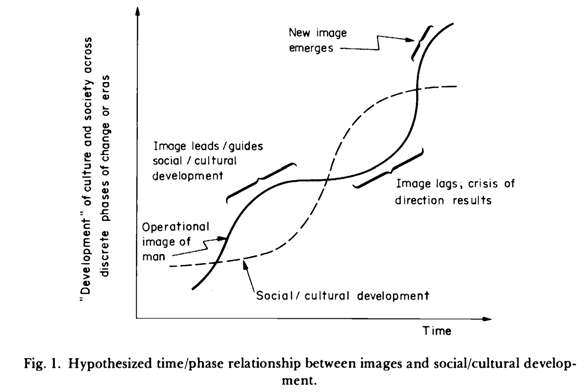So whenever given a choice between A and B, it's important to remember there's also a third option: neither.
-40hz
Exactly.
On the topic of total control...
Camp 14 : Total Control Zone
FAIR WARNING: This is about a fellow who was born into a North Korean death camp and escaped. It might not be all that wonderful for some to watch. Of particular note is how and what he thought, e.g. that beating a girl to death in a school classroom was normal, that torture was normal, that he thought the rest of the world was exactly like where he was, etc. Oddly enough, if you think about it a little bit, you probably know (or are) people who have similar though patterns, though your circumstances be different...
http://www.camp14-film.com/
______________________________
-Renegade
Very interesting movie. Thanks for the link.
We have the capability to hold different paradigms and images in our minds. The image that is in our minds of "the way things are" tends to be set by our experiences/interpretations of what passes for us as reality. We might never even question it, though when it is challenged by a potentially contradictory opinion/view of reality, we may tend to fiercely protect it (e.g., as in some of the discussion above).
But there is also potentially an image of "the way things might/could be for the better". This idea was discussed in a rather profound and wise Stanford Research Institute report
The Changing Images of Man. (You will read it when you are ready for it.)
In it, they gave a diagram illustrating a theory of mankind's development as being a constant spiralling push-pull dance between two changing things:
(a) The "operational" images of man in the minds of men;
(b) The "behavioural" image of man imposed by society.

Sometimes one thing has the role of leading, pulling the other upwards, then a role switch occurs as their paths briefly intersect. When they are furthest apart there would be the greatest tension and pressure to come together, but always forwards and upwards.
This theory offers a most profound piece of hope, requiring only imagination.
As Freddy Mercury sang:
"This could be Heaven.
This could be Heaven, for everyone."
_____________________
Some things stand repeating. There is potentially life-changing wisdom in this, for those who want to or can see/imagine the implications, which is why I repeat it here.
YMMV though.

